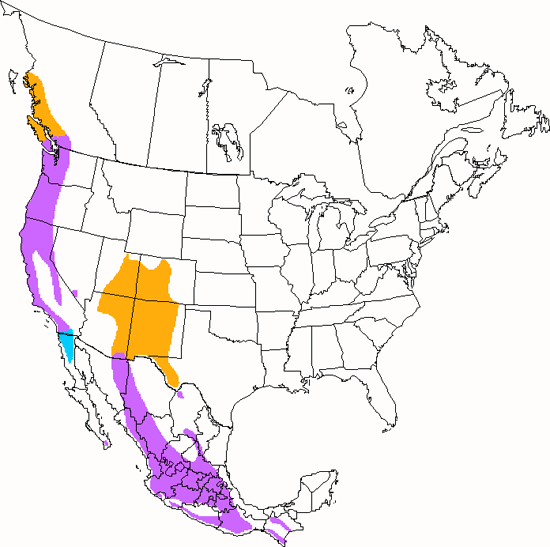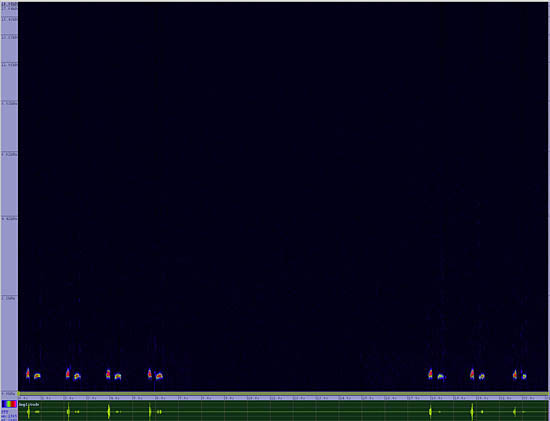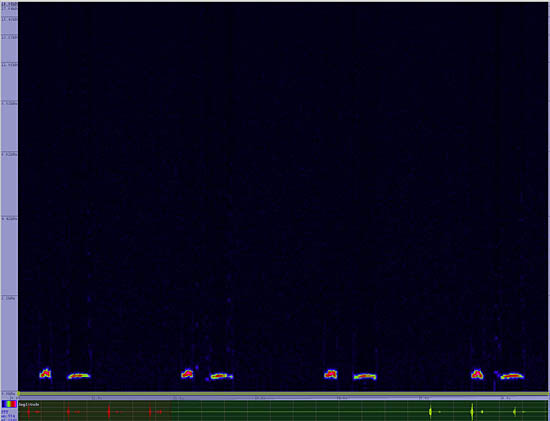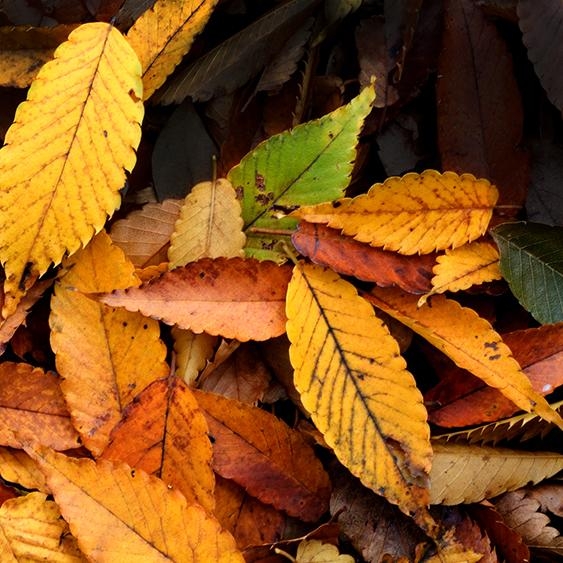The four-digit banding code is BTPI.

Pigeon Like
Band-tailed Pigeon
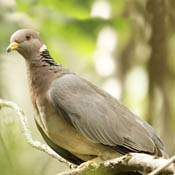
Length: 15 in. (37 cm )
View Citation
Bibliographic details:
- Article: Band-tailed Pigeon
- Author(s): Dr. Biology
- Publisher: Arizona State University School of Life Sciences Ask A Biologist
- Site name: ASU - Ask A Biologist
- Date published: July 13, 2017
- Date accessed: November 28, 2024
- Link: https://askabiologist.asu.edu/activities/bird/band-tailed-pigeon
APA Style
Dr. Biology. (2017, July 13). Band-tailed Pigeon. ASU - Ask A Biologist. Retrieved November 28, 2024 from https://askabiologist.asu.edu/activities/bird/band-tailed-pigeon
Chicago Manual of Style
Dr. Biology. "Band-tailed Pigeon". ASU - Ask A Biologist. 13 July, 2017. https://askabiologist.asu.edu/activities/bird/band-tailed-pigeon
Dr. Biology. "Band-tailed Pigeon". ASU - Ask A Biologist. 13 Jul 2017. ASU - Ask A Biologist, Web. 28 Nov 2024. https://askabiologist.asu.edu/activities/bird/band-tailed-pigeon
MLA 2017 Style
Be Part of
Ask A Biologist
By volunteering, or simply sending us feedback on the site. Scientists, teachers, writers, illustrators, and translators are all important to the program. If you are interested in helping with the website we have a Volunteers page to get the process started.







